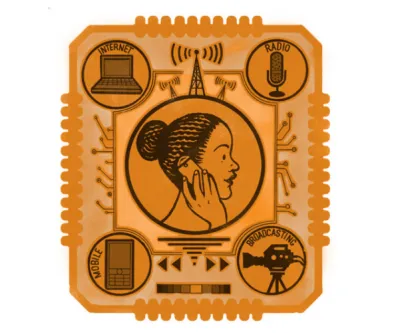The Ford Foundation supports visionary leaders and organisations on the frontlines of social change worldwide. Its goals for more than half a century have been to strengthen democratic values, reduce poverty and injustice, promote international cooperation and advance human achievement. Its headquarters are in the US and it has regional offices in Africa, Asia and Latin America.
APC is particularly appreciative of the programme support that the Ford Foundation provided from 1997 to 2000. The foundation also supported the APC council meeting in South Africa in 1997.
In 2001 and 2002 its general support for management systems and programmes continued. In 2006, the Foundation provided core support to CIPP, and funded global advocacy on communication rights in 2003, 2004 and 2005.
It provided funds to support a civic voice in global policy dialogues relating to communication technology (CIPP), from 1 June 2006 to 30 May 2008, as well as support for Global Information Society Watch 2008.
From 2014 to 2015, Ford supported the "Local Action to Secure Internet Rights (LASIR)" project, from from 2015 to 2017 the "Building feminist cross-movement collaboration and action on internet and human rights in Africa, Asia and Latin America and the Caribbean" project and currently (2017), Ford is providing 2 years core support for APC's global and regional policy advocacy work.

